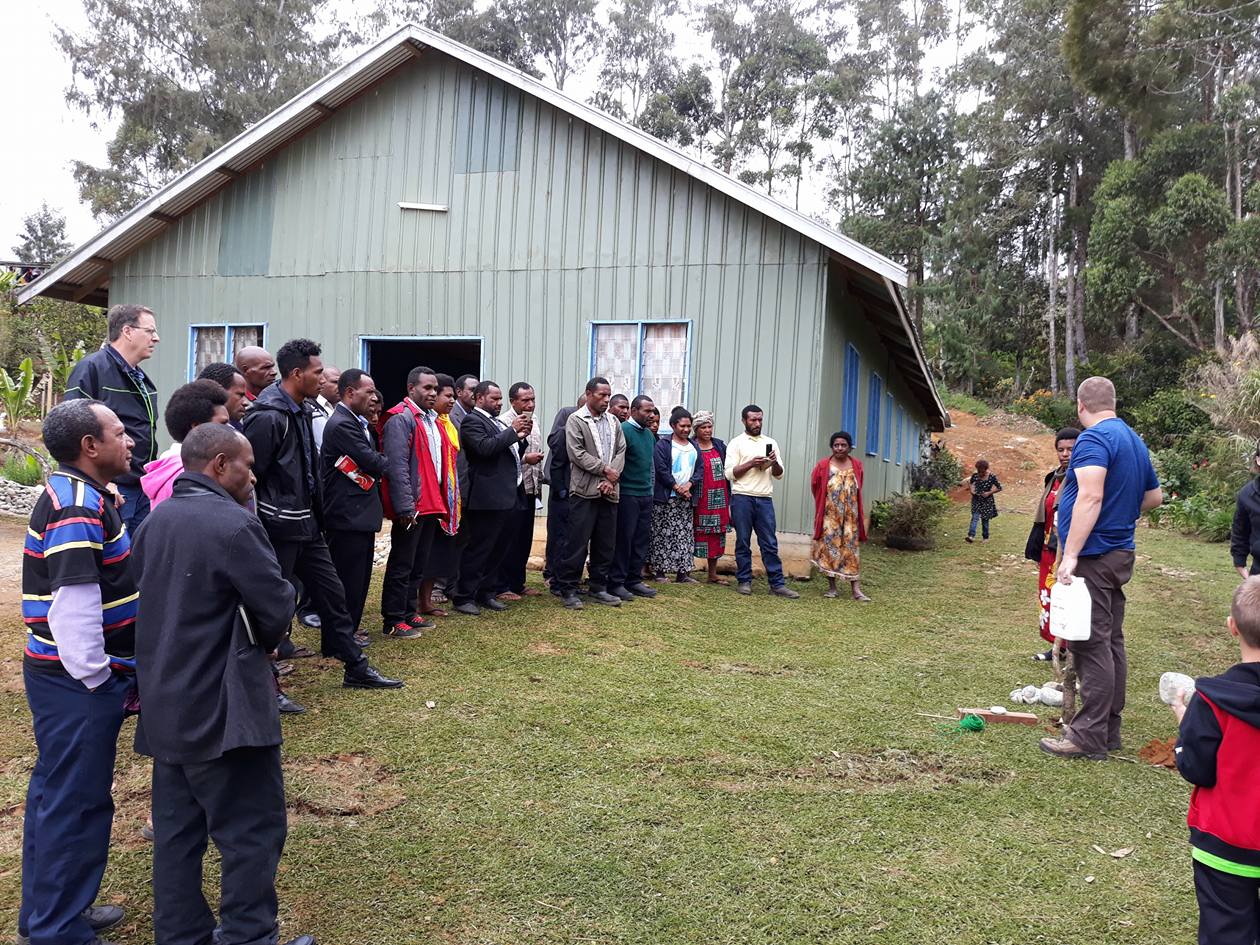
It’s been nine years since Jesus died and rose from the dead.
In Joppa, a predominantly Jewish city1, there lives a tanner named Simon. As a tanner, Simon works with dead animals, so he is ritually unclean on a daily basis.2 3 His house is well outside the city because of the stench involved in the tanning process. The odor attaches itself even to his own body and clothes, and so like all tanners in Jewish communities, he has been an outcast for most of his adult life.
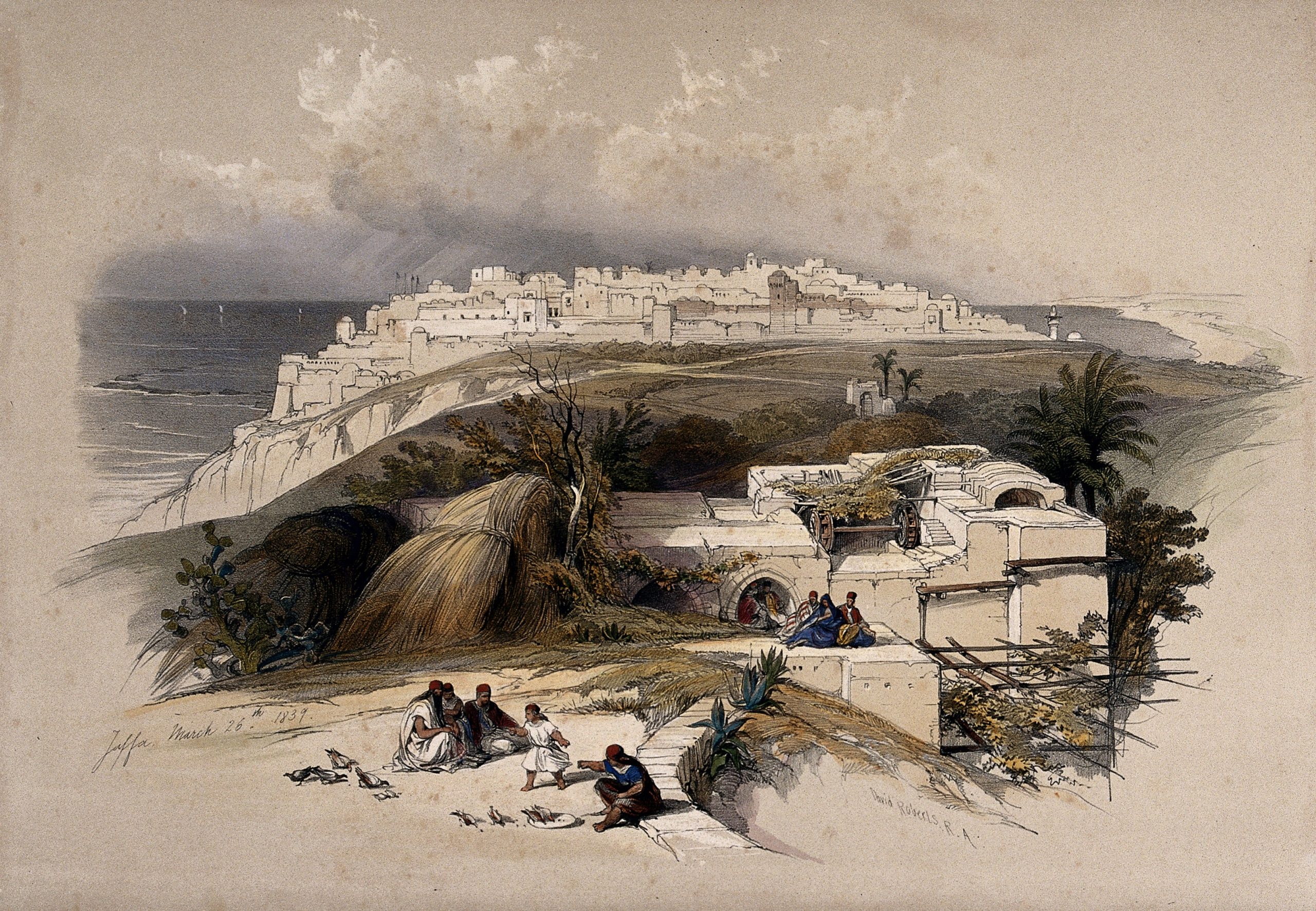
But when Simon became a disciple of Jesus, the young community of Jesus followers accepted him into their number. They had learned from their Master, who ate with sinners and touched the lepers, that no one is excluded from God’s love. So Simon has found a home in the family of God.
When the Apostle Peter arrived in Joppa, Simon offered the same hospitality he had received from the followers of Jesus and opened his home. Peter has been staying with Simon for several days now.
The disciples of Jesus in Joppa crossed the lines of Jewish social norms and received Simon the Tanner into their community. Simon the Tanner crossed the lines of shame and invited the Apostle Peter into his home.
But while the love of Jesus has led His disciples to cross lines within the Jewish community, additional lines — outside the Jewish community — remain to be crossed.
Today, the only followers of Jesus are Jews (either those who were born Jews or those who had converted to Judaism prior to following Jesus).4 They continue to gather at the temple or synagogue. They still follow the dietary restrictions of the Jewish religion. And they do not associate with Gentiles (non-Jews). As Jews, the leaders of the fledgling Jewish sect of Jesus followers are content to limit their evangelistic efforts to reaching their own people.5
God’s plan from the beginning, however, has been to purchase for Himself sons and daughters from every tribe, every language, every people, and every nation.6
Eight hundred years ago in this same city of Joppa, God was calling one of His prophets to take His word to a different tribe, a different people who spoke a different language in a different nation. God was calling the prophet Jonah to go to Nineveh, the capital of the Assyrian Empire. But Jonah didn’t want to go to Nineveh because he knew the Lord was gracious and compassionate, slow to anger and abundant in lovingkindness. And Jonah didn’t want the very different people living in Nineveh to experience God’s love. And so instead of going to Nineveh, Jonah caught a ship bound for Tarshish — and went in the opposite direction from Nineveh.
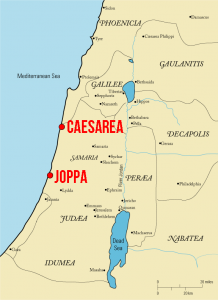
Caesarea
Sixty years ago, Herod the Great began transforming the small settlement known as Strato’s Tower on the Mediterranean coast of Palestine into an international metropolis7, modeled after Greek cities, with buildings symbolic of Roman power and civilization8 — several pagan temples (including one built in honor of the emperor), a 10-mile aqueduct, a lavish palace, a hippodrome for chariot races, a large amphitheater, storerooms, wider roads, and a technologically-advanced artificial harbor.9 And then he changed the name of the city to Caesarea in honor of the Roman emperor Caesar Augustus.10 Thirty-three years ago, Caesarea became the administrative capital of Judea when it became a Roman province.11
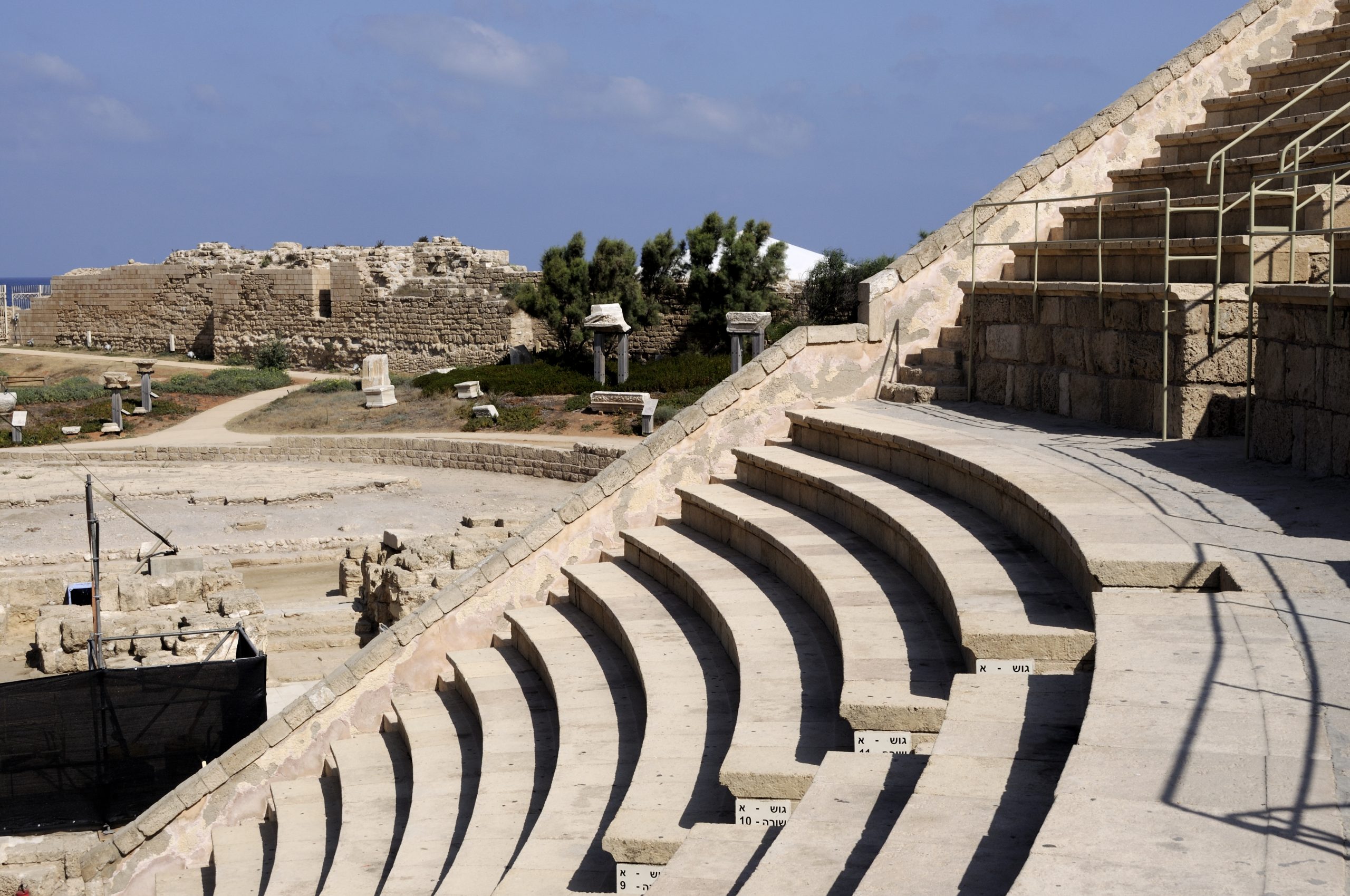
Today, Caesarea is a bustling port and transportation hub with a constant flow of people and commerce.12 13 Jews, Samaritans, Syrians, Greeks, and of course the hated Roman occupiers are all residents of this now magnificent city.14 The population reflects a wide variety of cultural backgrounds and social structures. Prominent religions observed in Caesarea include the worship of several Roman and Greek gods — Tyche (Fortuna), Ephesian Artemis (Diana), Apollo, Dionysus, Isis, Serapis, Demeter, Mitras, and the emperor Augustus himself.15 The people of Caesarea, like all those who worshipped the Roman and Greek gods, live in fear of them and feel a need to appease their gods. Caesarea is a very different place than Joppa with very different people.
Caesarea is located near the northernmost border of the Samaritan region. But because of its culture, religious beliefs, and status as the primary harbor on the eastern Mediterranean coast, in many ways, it is a gateway to the greater Roman Empire — a gateway to part of what Jesus called “the remotest parts of the earth.”16
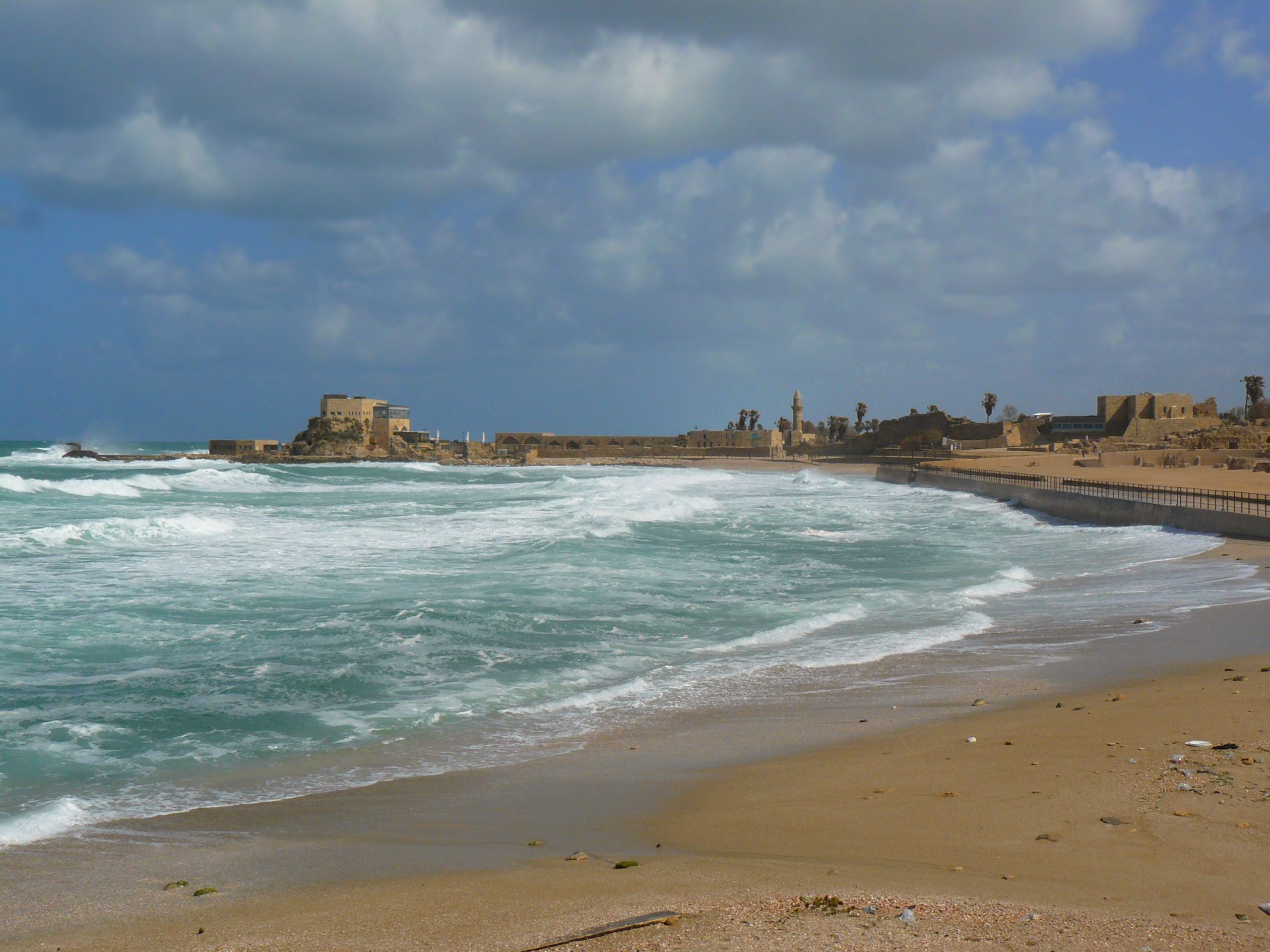
Three days ago, Cornelius — the commander of about 80 men who make up the Italian cohort of the Roman army in Caesarea, well-known and admired in the Jewish community — had a vision. In his vision, an angel of God told him to send some of his men to Joppa to bring Peter back with them so Peter could give Cornelius a message.17 And so Cornelius chose two servants and a soldier from his staff and sent them to Joppa to bring Peter to him.
But how would Peter respond? Cornelius may have been admired by the Jewish community in Caesarea, but as a Jewish man, Peter was forbidden from associating with or visiting a foreigner such as Cornelius.18 Wasn’t that a line that Peter couldn’t cross?
Back in Joppa
But two days ago, while Cornelius’ men were on the way to Joppa, God also gave Peter a vision in which the apostle saw a sheet coming down from the sky, filled with all kinds of four-footed animals and crawling creatures and birds. Peter initially resisted when God told him to “eat” what was unclean. While the vision was seemingly about clean and unclean foods, Peter understood the broader implications when God told him not to consider anything unholy that God had cleansed.
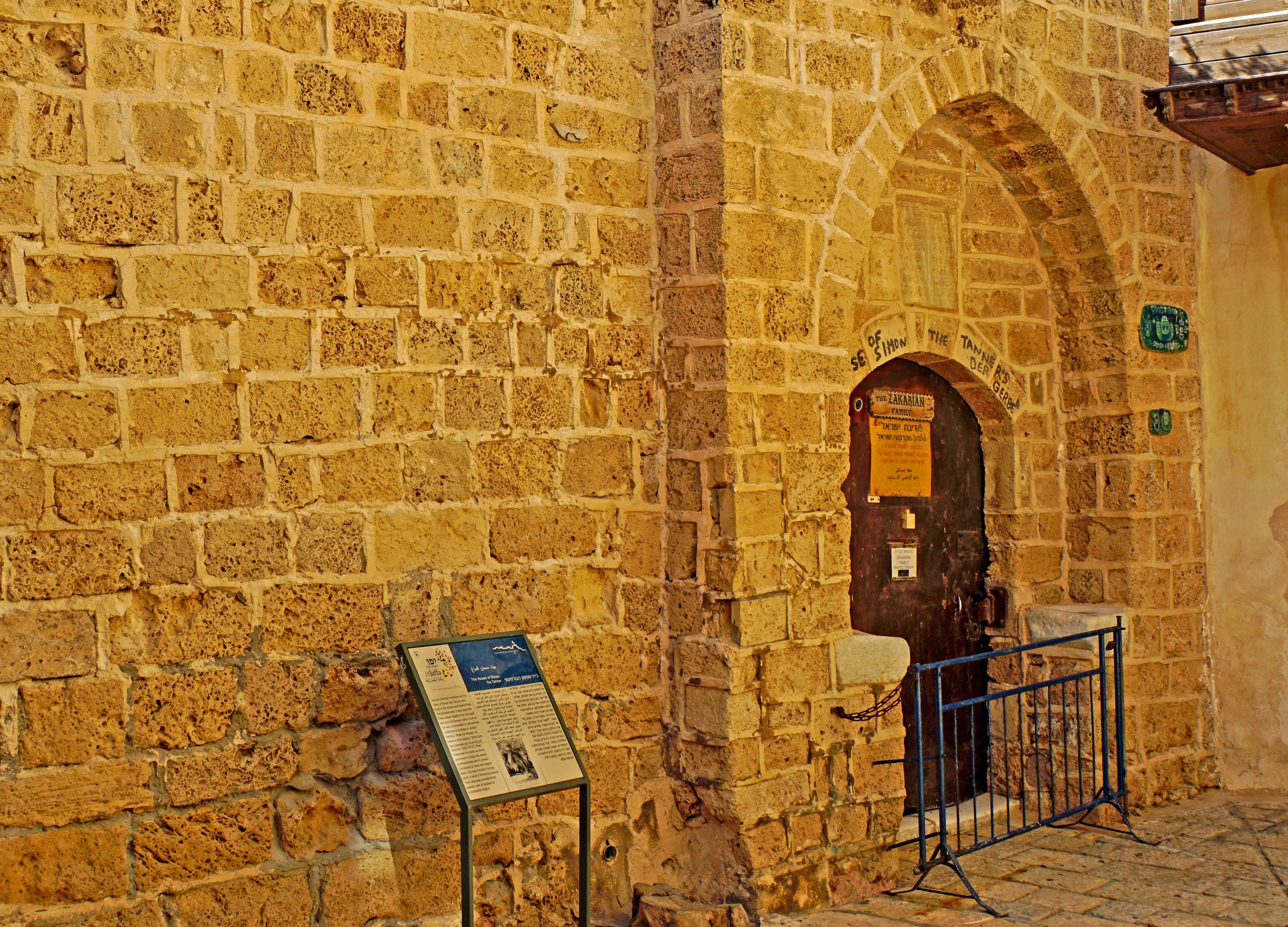
Since Cornelius’ servants and soldier were Gentiles, when they arrived at Simon the Tanner’s home, they stopped at the gate and waited for Simon there, because they assumed they would not be welcome in Simon’s home. But when Peter immediately agreed to accompany them to Caesarea the next day, he also invited them into Simon’s home to stay the night. Lines outside the Jewish community were being crossed.
Yesterday, Cornelius’ men and Peter set out for Caesarea.
In the House of a Gentile
And now today, in a scene bursting with insight into God’s heart for the nations, Peter enters the house of Cornelius, speaks to Cornelius and those he has gathered to listen, and eats with them, even though it is unlawful for a Jew to associate with a foreigner.
Although the worldwide church this morning was made up entirely of Jews, before this day ends, the young church will know that “God has granted to the Gentiles also the repentance that leads to life.”19
As Peter begins to speak to people who are very different than him, to people who would have repulsed him just a few days ago, to people whose lives are immersed in a religious environment where fear and appeasement of gods is the rule, to people who have very little familiarity with the gospel message, he presents an intriguing progression of information:
- Jesus is Lord of all;
- Jesus was anointed with the Holy Spirit and with power;
- Jesus went about doing good and healing all who were oppressed by the devil;
- this was proof that God was with Him;
- Jesus died on a cross and was raised to life on the third day;
- He appeared to many; and,
- those who believe in Him will receive forgiveness of their sins.
In preaching the good news to those who live in a milieu where the existence of many gods is accepted, Peter begins with a declaration of Jesus’ supremacy over all other gods. He then recounts how Jesus, anointed with the Holy Spirit and with power, performed good works among the people — which was proof that God was with Him. It was only after speaking of Jesus’ supremacy and His good works that Peter goes on to speak of Jesus’ death and resurrection and how we can receive the forgiveness of sins through belief in Him. The progression of Peter’s message was first Jesus’ supremacy, then Jesus’ good works, and then Jesus’ forgiveness of sins.
Papua New Guinea
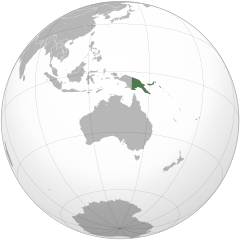
Although up to 96% of the population self-identify as Christian, just under 23% of Papua New Guineans are evangelical.25 In reality, ethnic and animistic religions are a powerful, underlying influence even in the lives of those who claim affiliation with Christianity — traditions of witchcraft and spiritism lay just below the surface and are increasing in their influence.26 27 Most do not see a contradiction between their Christian beliefs and their traditions which are based on indigenous, animistic belief systems — both are practiced side-by-side.28 This results in a religious milieu not dissimilar to what was found in first-century Caesarea — many Papua New Guineans believe that plants and animals have spirits which need to be appeased through religious rituals.
In addition, with so many different people groups and cultures in Papua New Guinea, there are still villages spread throughout the country which need to be reached with the gospel. But some of these villages refuse to allow traditional missionaries to preach the gospel to their residents. The Assemblies of God national church in Papua New Guinea has an effective strategy for reaching such villages, however, because while these villages refuse to allow traditional missionary work to occur, their leadership will allow aid clinics to be established and community development work to be undertaken. And so the national church is asking for qualified people to come to Papua New Guinea and establish such health clinics in unreached villages and drill water wells, teach principles of water sanitation and safe cooking, teach AIDS prevention (HIV infections are increasing at an alarming rate, and the lack of awareness of prevention steps is a major challenge29), etc.
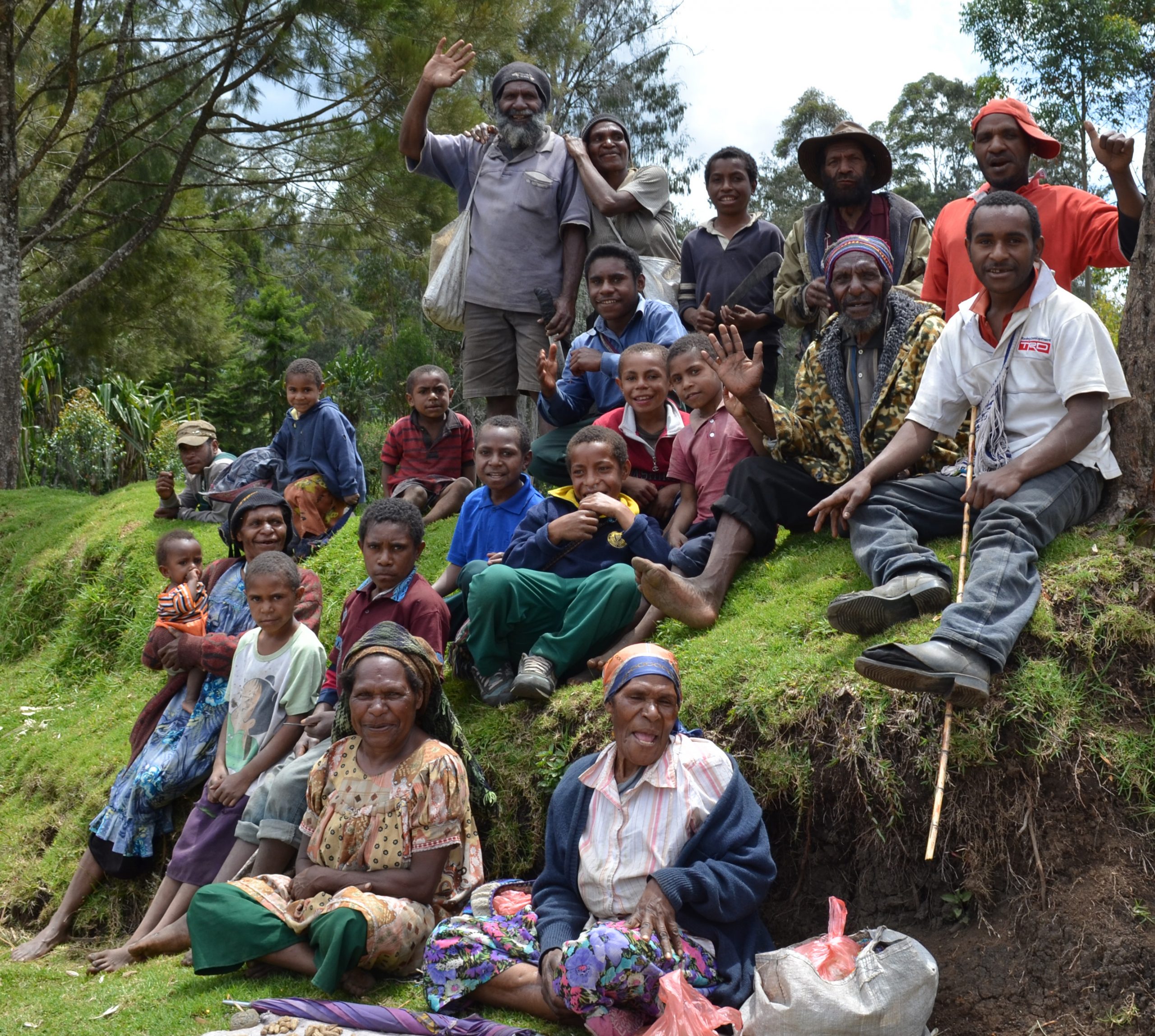
This approach aligns with the strategy reflected in Peter’s message to Cornelius and those he had gathered — performing good works and bringing healing to the villages of Papua New Guinea will demonstrate to their residents that God is with the church’s representatives and promises to be the foundation of a subsequent message of Jesus’ death and resurrection and God’s forgiveness of sins.
David and Amy Julian
The ministry of David and Amy Julian, Assemblies of God missionaries to Papua New Guinea, is a wonderful example of this strategy.
Six years ago, David and Amy were pursuing great careers. David was a sheet metal draftsman and the head of his department in his company. Amy was working as a pediatric transport nurse for one hospital and as a pediatric ICU nurse for another hospital. Along with their two sons Ben and Daniel, they were living the American dream.
They had felt a call to missions, but felt like God had told them to wait. And then in May of 2015, God told them to go. So they quit their jobs and made themselves available to the Lord.
Originally, they planned to serve as missionary associates in Papua New Guinea, under the mentorship of Assemblies of God missionaries Phil and Kim Rojak. However, their plans changed when the Assemblies of God World Missions asked them to instead serve with CompassionLink because of some safety concerns in Papua New Guinea at the time.
CompassionLink is an international ministry of Assemblies of God World Missions which seeks to improve lives through community-initiated, sustainable solutions that utilize local resources in areas of agriculture, water, sanitation, and alternative fuels using a Christ-centered, best-practice approach.30 31
While working with CompassionLink as US-based Missionary Associates, the Julians were involved in regular overseas trips to teach principles of healthcare and community development to national church members in several countries (Jamaica, Bolivia, Romania, The Gambia, Vanuatu, and Papua New Guinea). They also were trained in community health evangelism32, well-drilling, and the construction of rocket stoves33, rocket mass heaters34, solar ovens35, biodigester units36, aquaponics systems37, biosand filters38, briquette presses39, tippy taps40, and more.
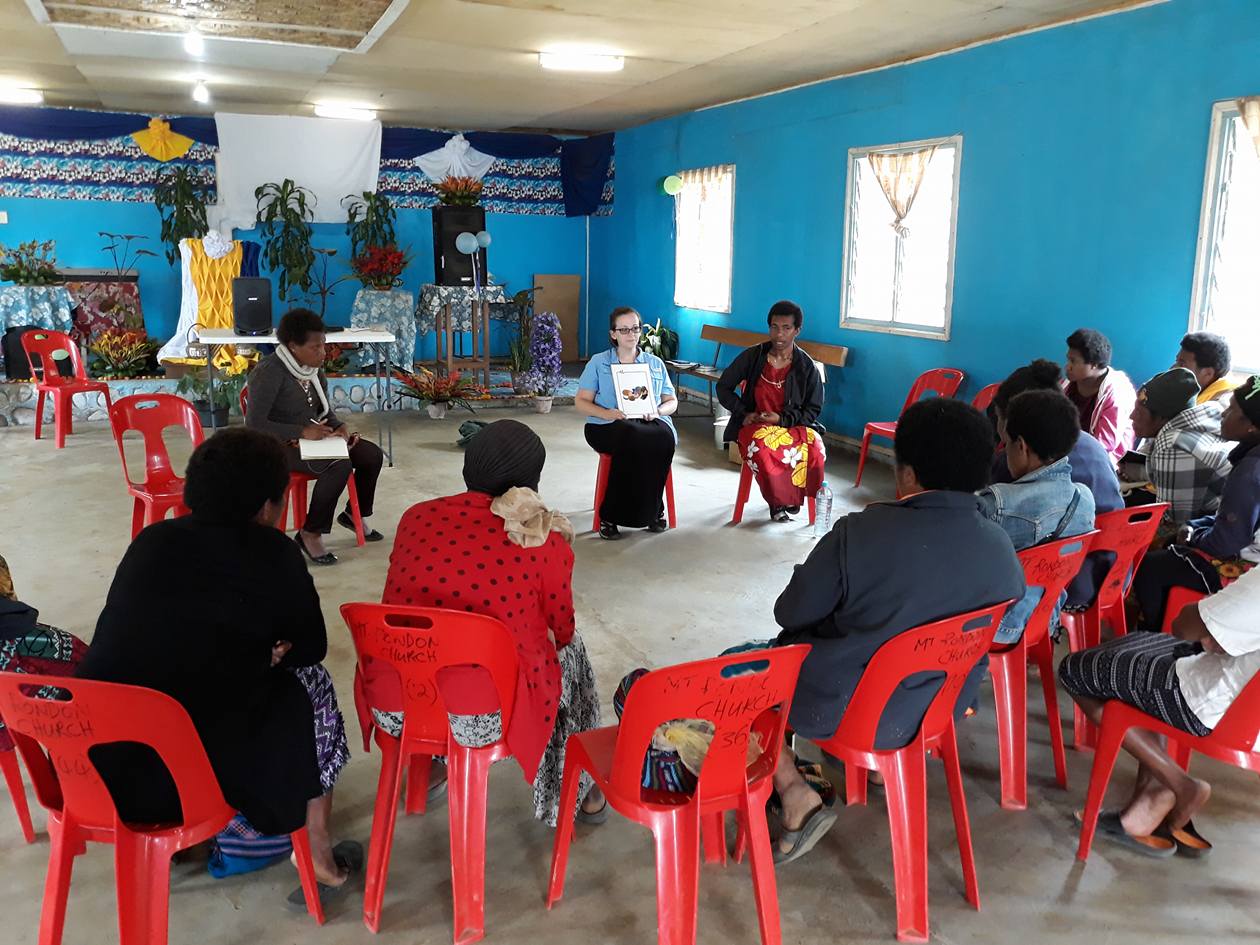
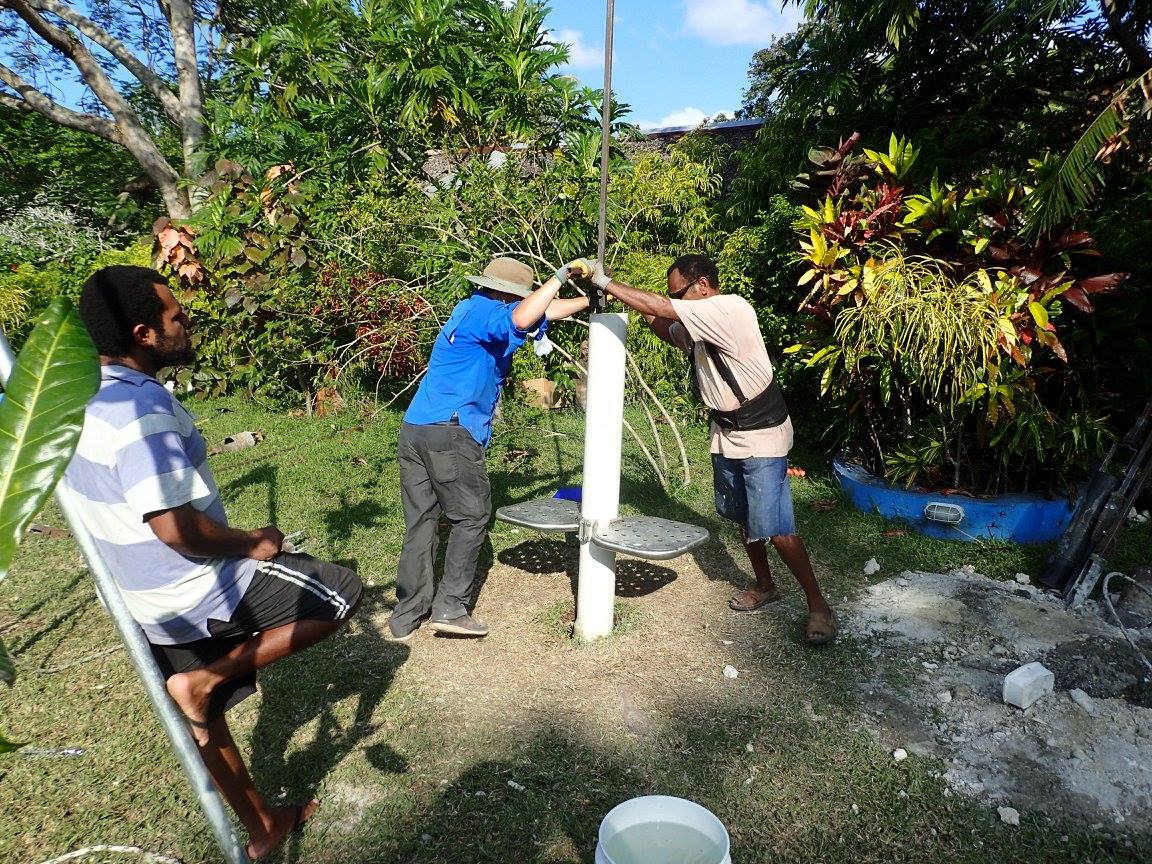
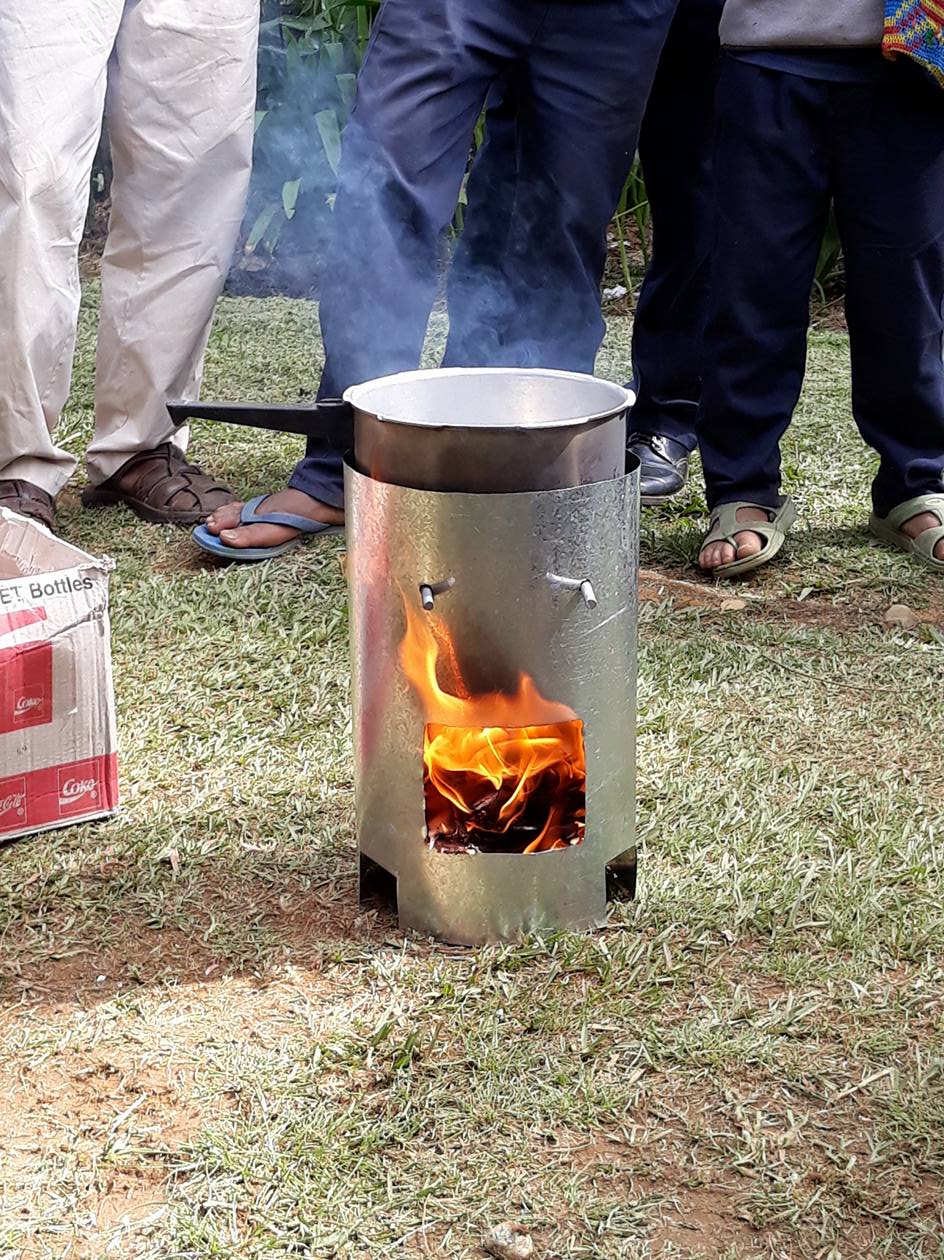
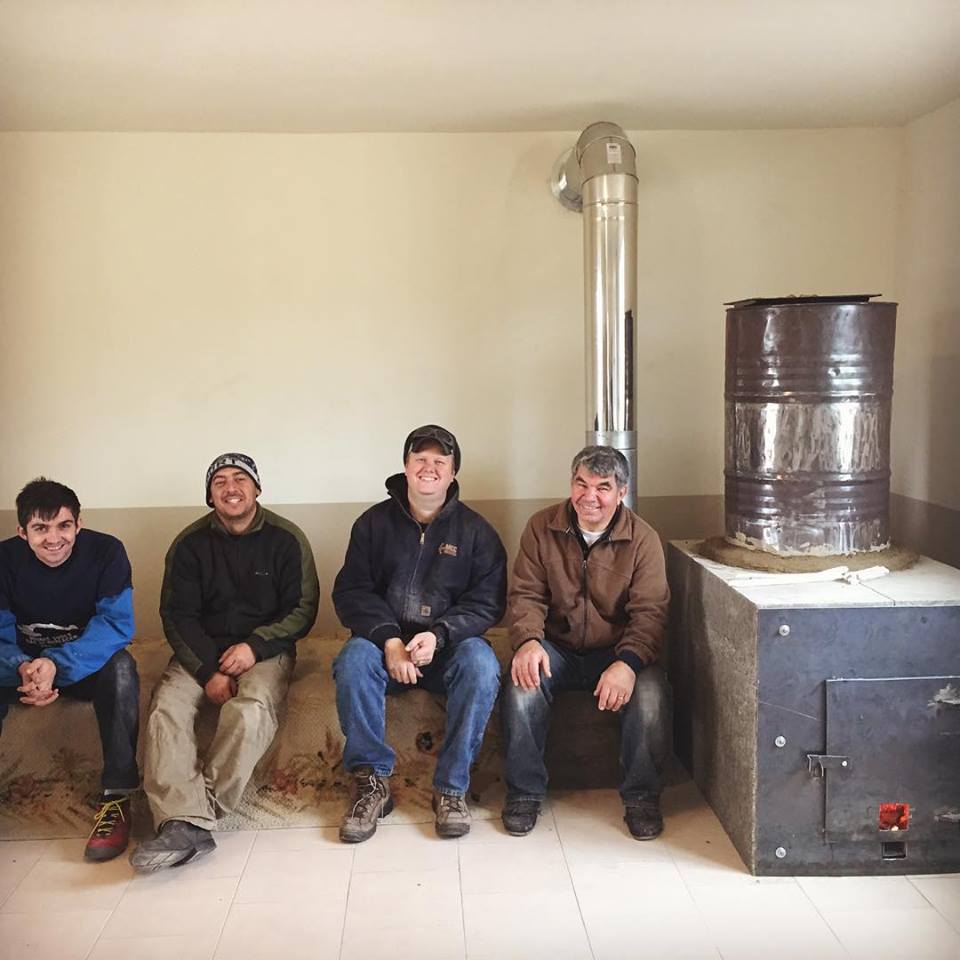
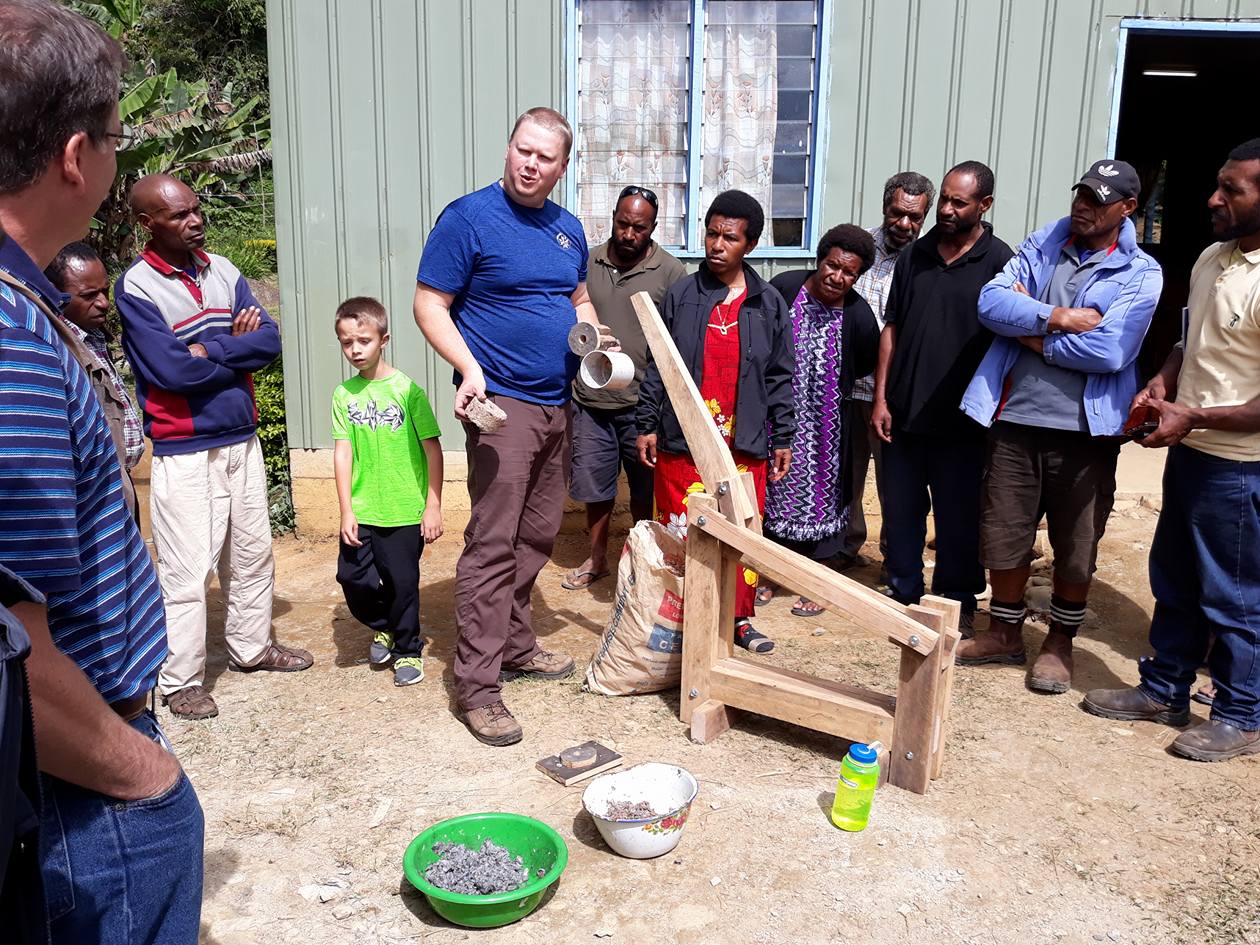
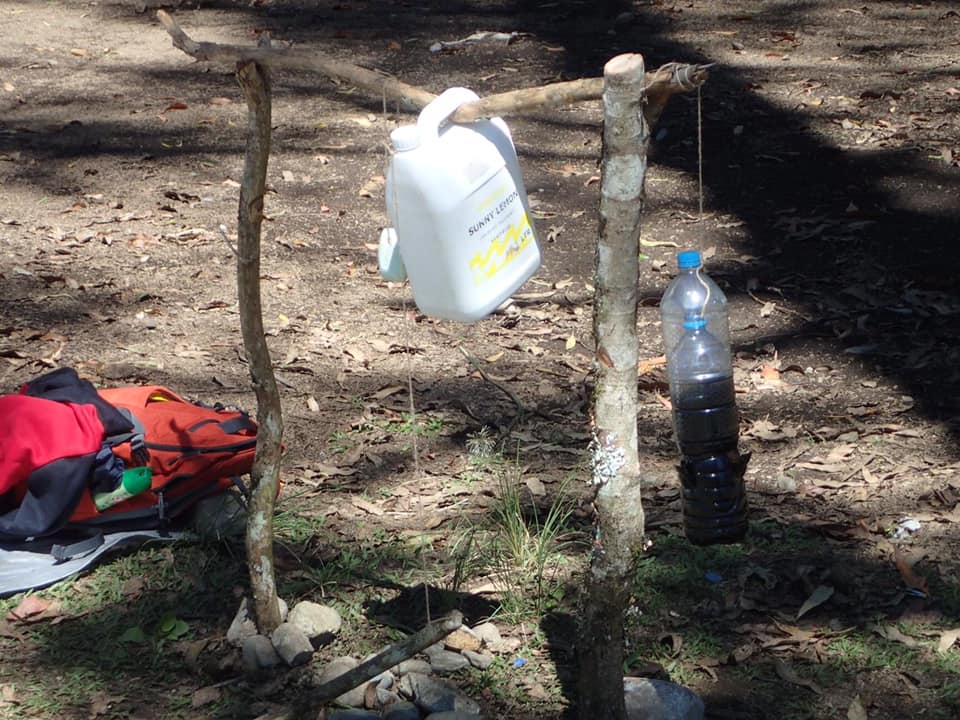
After working with CompassionLink for two years, the Julians were asked to extend their initial term an additional year and minister in Vanuatu, an 83-island country in the South Pacific. While assigned to Vanuatu, the Julians were able to apply what they had learned while serving with CompassionLink, all while residing in a Pacific Island nation. In addition to being involved in healthcare and community development in Vanuatu, David and Amy took part in relief aid distribution in the wake of Harold, a category 5 tropical cyclone which hit the islands of Vanuatu in April 2020.
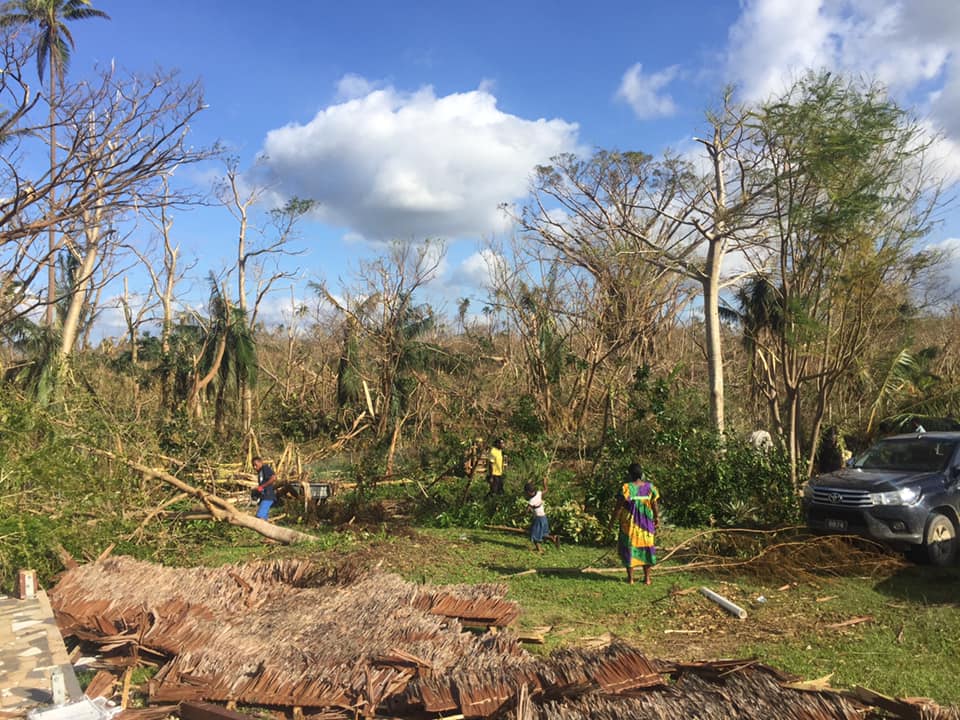
Near the end of their one-year term, their area director Bryan Webb and his wife Renee surprised David and Amy by asking if they were still willing to go into Papua New Guinea — David and Amy agreed and were subsequently approved to be career missionaries to Papua New Guinea, fulfilling their initial dream. Although the Julians’ vision to serve in Papua New Guinea did not immediately come to fruition, their three-year term as missionary associates with CompassionLink and subsequently in Vanuatu was definitely preparation for their upcoming work in Papua New Guinea, the country of their hearts.
In the United States for every 100,000 people in the United States, there are about 250 medical providers. In Papua New Guinea, there are 5. Every year, 1 in 20 children under the age of 5 will die because of poor medical care, diarrhea from bad water, etc. As a pediatric nurse with experience working in disadvantaged areas, Amy is uniquely qualified to establish healthcare clinics in the remote villages of Papua New Guinea and train village residents to provide basic healthcare. David has strong building and repair skills. He is trained in how to dig water wells and he knows how to fix them. He knows how to purify water — even using a 2 liter soda bottle. He is experienced teaching people how to build hand washing stations.
Now, the Julians are going to a people who are very different from them. They will be entering different cultures in remote villages that have little or no familiarity with the gospel message. They will be going to a people who live in fear, attempting to appease the many spirits they believe in. They will be going to villages and areas which don’t allow missionaries, but will accept help with medicine and community development. And they are going to do good works and bring healing in Jesus’ name, trusting that God will open doors for sharing about Jesus’ death and resurrection and God’s forgiveness of sins.
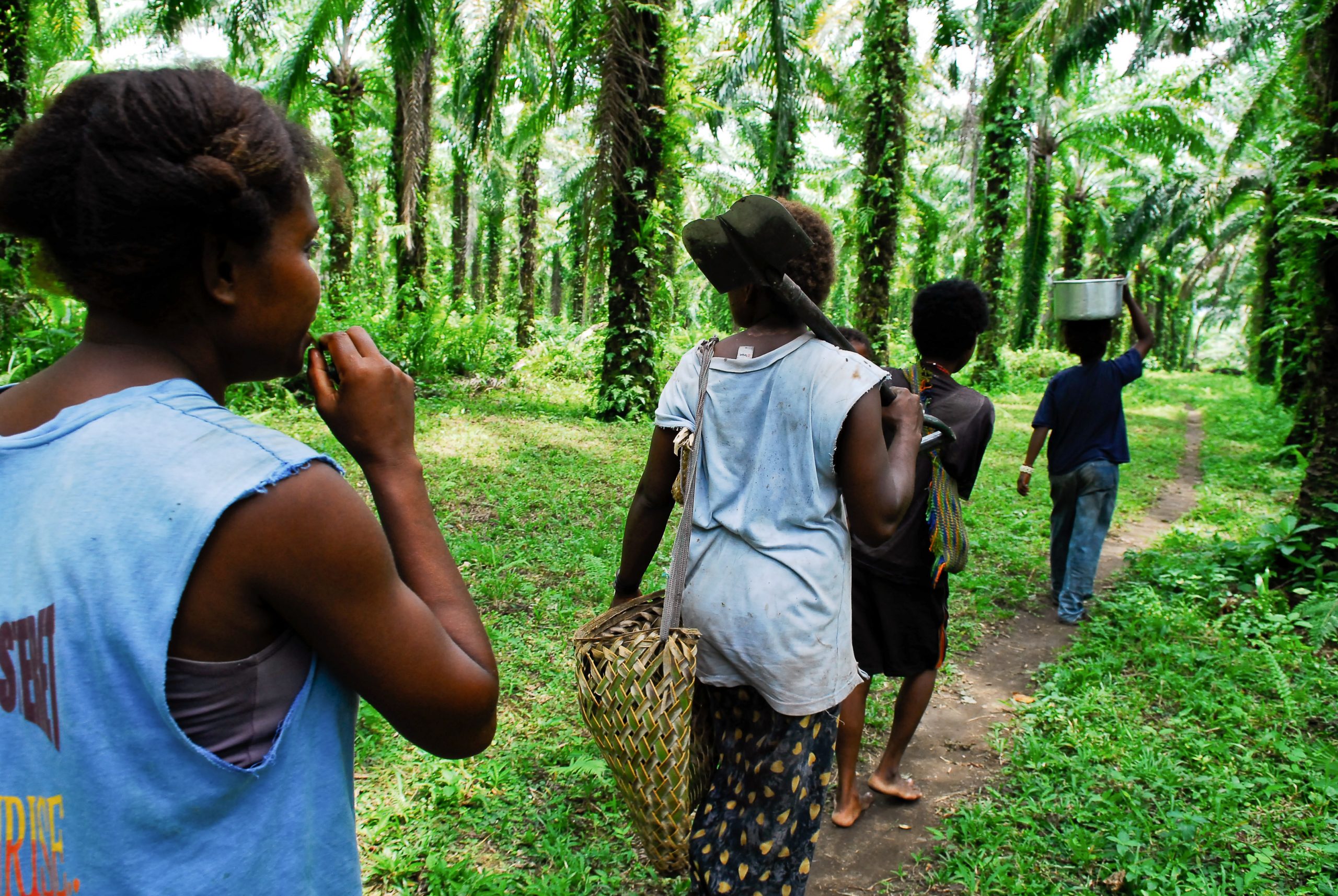
How to Join the Julians in Reaching Papua New Guineans for Jesus
If you’ve read our pillar articles (which can be reached through the tabs at the top of the site if you are using a desktop or the three-bar/”hamburger” menu if you are using a mobile device), you know that our conviction is that all believers should be part of a team seeking to reach the unreached. Some will go, some will pray, some will provide financial support, some will provide logistical support — but all are called to give their lives to reach the nations.
Here are four ways you can be a part of David and Amy’s team:
- Learn more about David and Amy and their ministry by visiting their website.
- You can pray for David and Amy and their family on an ongoing basis. The best way to stay informed of their prayer needs is by subscribing to their newsletter (visit their Assemblies of God missionary profile and click on the Newsletter Signup button) or by following them on Facebook.
- You can support David and Amy financially by signing up to support them on a monthly basis or to contribute a one-time gift at their online giving page.
- You can consider physically joining David and Amy to aid the work in Papua New Guinea. If God can use a sheet metal fabricator and a nurse to do good and heal — opening doors for the gospel to be spread in Papua New Guinea — how might He use you and your talents and skills? If God is speaking to you, contact David and Amy through their Assemblies of God missionary profile for more information.
- If you are a pastor or missions leader in your church, we would encourage you to get in touch with David and Amy to see how they might be able to encourage your people for the cause of missions in Papua New Guinea and also to find out how you can be of service to them.
COUNTRIES IN THIS ARTICLE: Papua New Guinea, Bolivia, The Gambia, Jamaica, Romania, Vanuatu
WORKERS IN THIS ARTICLE: David and Amy Julian, Phil and Kim Rojak, Bryan and Renee Webb
1 Clinton E. Arnold, General Editor, Zondervan Illustrated Bible Backgrounds Commentary (Grand Rapids: Zondervan, 2002), 84.
2 Leviticus 11:39-40
3 “Doorways to Diversity,” accessed March 13, 2021, https://collegiateministries.intervarsity.org/resource/doorways-diversity.
4 Some would say that the Ethiopian eunuch was the first Gentile convert, but it seems reasonable from the Jerusalem church’s reaction to Peter’s explanation in Acts 11:18 to assume that the Ethiopian eunuch was a God-fearer (a convert to Judaism) prior to his encounter with Philip and that Cornelius and his household were the first Gentile converts who were not previously God-fearers. Even if the Ethiopian eunuch was not a God-fearer or Cornelius was a God-fearer, Cornelius’ conversion was the watershed event which led the leaders of the church in Jerusalem to recognize that the gospel was not for Jews only, but for Gentiles as well.
5 Note that immediately after the martyrdom of Stephen, the Jews who were scattered primarily spoke the word to Jews alone. But there were men from Cyprus and Cyrene who came to Antioch and began speaking to Gentiles as well. Cf. Acts 11:19-21.
6 Revelation 5:9-10
7 “The Biblical City of Caesarea Maritima,” accessed March 13, 2021, https://www.padfield.com/acrobat/history/Caesarea_Maritima.pdf.
8 Benjamin Forgey, “King Herod’s Spectacle by the Sea,” The Washington Post, accessed March 13, 2021, https://www.washingtonpost.com/archive/lifestyle/1988/03/26/king-herods-spectacle-by-the-sea/6afa1315-8273-4a12-b69d-3df8bea2ba3d/.
9 “Caesarea Maritima,” last modified February 9, 2021, https://en.wikipedia.org/wiki/Caesarea_Maritima.
10 Ibid.
11 “Paul in Caesarea,” accessed on March 13, 2021, https://www.thebiblejourney.org/biblejourney1/12-pauls-journey-to-rome82062/paul-in-caesarea/.
12 “Caesarea—Explore Israel’s Harbor & Herod’s Palace,” last modified February 6, 2013, https://waynestiles.com/caesarea-explore-israels-harbor-herods-palace/.
13 Ibid.
14 “Caesarea Maritima Mithraeum,” accessed March 13, 2021, https://www.atlasobscura.com/places/caesarea-maritima-mithraeum.
15 Arnold, Zondervan Illustrated Bible Backgrounds Commentary, 85.
16 Acts 1:8
17 Acts 10:1-2
18 Acts 10:28
19 Acts 11:18
20 “About PNG,” accessed March 13, 2021, https://pngcanberra.org/about-png/.
21 “Country: Papua New Guinea,” accessed March 13, 2021, https://joshuaproject.net/countries/PP.
22 “About PNG”
23 “About PNG”
24 Jason Mandryk, Operation World (Colorado Springs: Biblica Publishing, 2010), 670.
25 “Country: Papua New Guinea”
26 “Religion in Papua New Guinea,” last modified February 11, 2021, https://en.wikipedia.org/wiki/Religion_in_Papua_New_Guinea.
27 Mandryk, Operation World, page 670.
28 “Belief systems and spiritual aspects aspects in Papua New Guinea,” accessed March 13, 2021, http://www.cultureofthecountryside.ac.uk/resources/belief-systems-and-spiritual-aspects-papua-new-guinea.
29 Mandryk, Operation World, page 670.
30 “International Ministries: CompassionLink,” accessed March 13, 2021, https://www.agwm.org/unreached/international-ministries/compassionlink.
31 “CompassionLink: Sustainable Health Through Community Care,” accessed March 13, 2021, https://www.compassionlink.org/.
32 A proven ministry strategy which integrates evangelism, discipleship, and church planting with community health and development. Cf. https://www.compassionlink.org/che.
33 A rocket stove is an efficient and hot burning stove using small-diameter wood fuel. Fuel is burned in a simple combustion chamber containing an insulated vertical chimney, which ensures almost complete combustion prior to the flames reaching the cooking surface. Cf. https://en.wikipedia.org/wiki/Rocket_stove.
34 A rocket mass heater, also known as rocket stove mass heater, is a form of slow-release radiant heating system, designed to primarily heat people and secondary to warm areas in line of sight around it. Cf. https://en.wikipedia.org/wiki/Rocket_mass_heater.
35 Solar ovens use sunlight to cook food and boil water. But they don’t convert solar energy to electricity, as you might suippose. Instead, solar ovens capture photons (light particles) to make heat. Photons pass through the oven’s transparent glass top and strike metal reflectors which form the interior of the oven. Cf. https://www.saveonenergy.com/learning-center/post/solar-ovens/.
36 A biodigester supplies super nutrient rich fertilizer as well as methane gas (that can be used for cooking, heating, running generators, etc.).
37 Aquaponics systems are a method of food production which combines aquaculture (raising aquatic animals – fish, crayfish, snails, or prawns – in tanks) with hydroponics (cultivating plants in water). Cf. https://en.wikipedia.org/wiki/Aquaponics.
38 A biosand filter is a point-of-use water treatment system adapted from traditional slow sand filters. Biosand filters remove pathogens and suspended solids from water using biological and physical processes that take place in a sand column covered with a biofilm. Cf. https://en.wikipedia.org/wiki/Biosand_filter.
39 A biomass fuel briquette press is a wood structure that can make square or traditional round briquettes from biomass, biochar or charcoal fines. https://www.engineeringforchange.org/solutions/product/ewb-cincinnatis-briquette-press/.
40 A tippy tap is a hands-free device for hand washing designed for rural areas with no running water. Cf. https://www.techxlab.org/solutions/tippytap-org-tippy-tap.
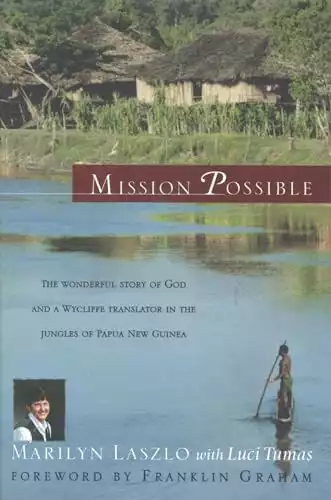
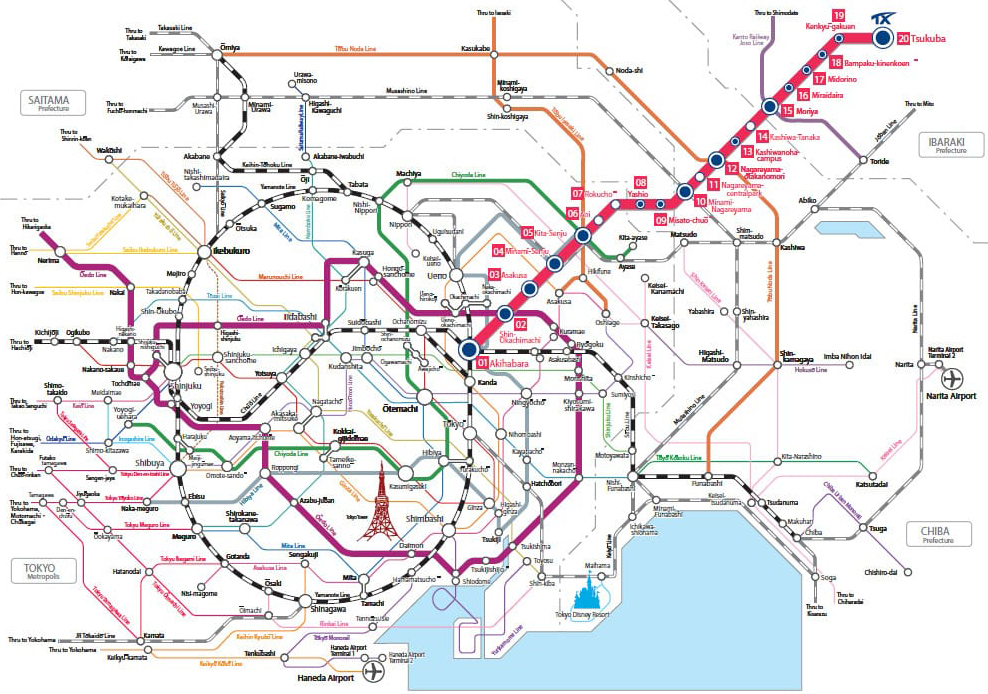
I really enjoyed reading this! Excellent photos, work cited, definitions given!
I’ve definitely learned some things and a people to pray for that I previously knew nothing about.